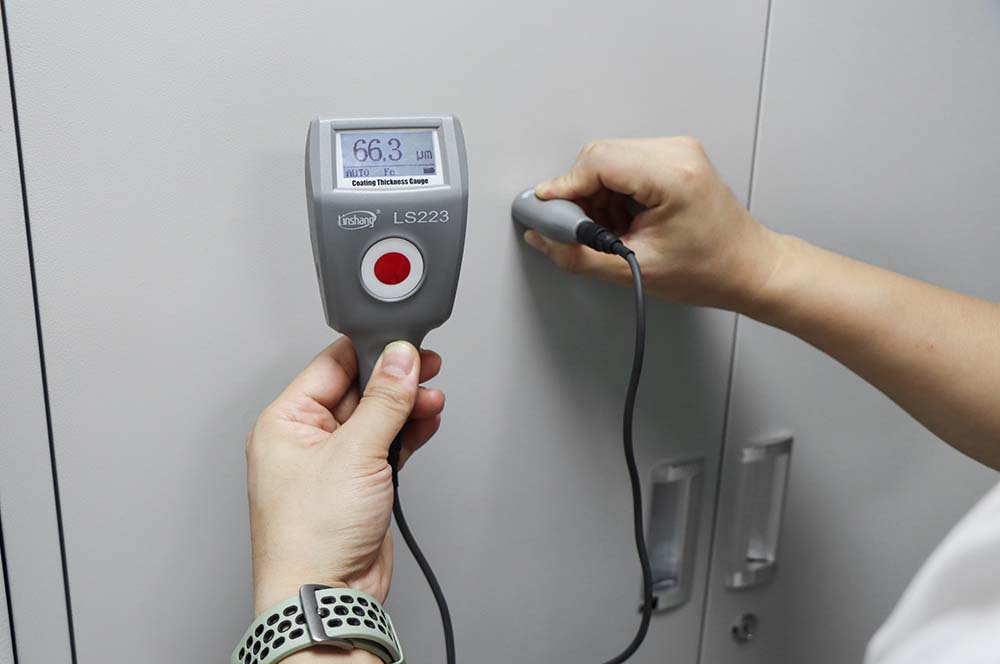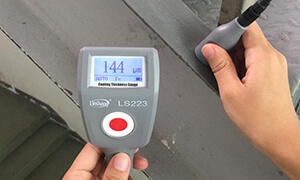Anti-corrosion Methods for Chemical Plants
Strict adherence to the process rules for chemical production can eliminate corrosion that should not occur, and even if a good corrosion-resistant material is used, non-corrosion rules in the operation process will cause severe corrosion. At present, there are several common anti-corrosion methods in chemical production.

1. Anticorrosive methods for chemical plants
(1) Correct material selection and design
Understanding the corrosion resistance of different materials, correct and reasonable choice of anti-corrosion materials is the most effective method. As we all know, there are many varieties of materials, different materials in different environments, the corrosion rate is also different, material selection personnel should choose a specific environment for a low corrosion rate, cheaper, physical and mechanical properties to meet the design requirements of the material, so that the equipment to obtain economic and reasonable service life.
(2) Surface treatment
The metal is treated with a passivator or film-forming agent before contact with the environment, and a stable and dense passivation film is generated on the surface, which greatly increases the corrosion resistance. It differs from the corrosion inhibitor method in that it does not require the addition of corrosion inhibitor in the subsequent use environment. After the anodic treatment of aluminum, the surface can generate a more dense film than that generated in the atmosphere, and this type of film has excellent corrosion resistance in mild corrosive environments, and the blue surface of steel parts is also the principle.
(3) Metal plating and coating
A thin layer of more corrosion-resistant metal can be used on the steel substrate. The commonly used method is electroplating. Generally, 2 to 3 layers are plated, only a few tens of micrometers thick. Therefore, micropores inevitably exist. The solution can penetrate the micropores, which will form a plating layer and a bottom corrosion cell. If the coating is a noble metal, its potential is higher than that of iron, which will become the cathode and accelerate the corrosion of the underlying iron. Therefore, this type of coating is not suitable for strongly corrosive environments, but can be used in the atmosphere, water and other environments. The slowly generated corrosion products can block the micropores, increase the resistance and obtain a certain service life. If an inexpensive metal is used, the polarity of the corrosion cell is reversed, so that the steel is cathodicly protected and the life can be maintained for a long time. In addition to electroplating, hot dip (melt dip), flame spraying, steam plating, and monolithic sheet metal plating are also commonly used. The latter has no microporosity, strong corrosion resistance and longer life, but the price is slightly higher.
(4) Coating
Protecting metallic structures in the atmosphere with organic coatings is the most widespread means of corrosion protection. The coating covers the metal surface and forms a porous film after drying. Although the metal cannot be completely isolated from the medium, it increases the diffusion resistance and resistance of the solution through the micropores, which reduces the corrosion current. In a mild environment, such as the atmosphere, seawater, etc., the metal at the bottom of the micropores corrodes slowly. The corrosion products can block the micropores and have a long service life. However, it is not suitable for strong corrosion solutions, because the metal corrosion rate is fast and accompanied The generation of hydrogen will rupture the paint film.
2. Chemical plant anticorrosive coating thickness detection
For the measurement of anticorrosive coating thickness, LS223 Coating Thickness Gauge is recommended. The instrument uses eddy current and Hall effect principles to accurately measure the thickness of non-magnetic coatings on magnetic metals and the thickness of non-conductive coatings on non-magnetic metal substrates. It can be widely used in the marine industry, hardware, metal processing industry coating and anti-corrosion coating thickness measurement.
LS223 coating thickness gauge with probe and the main body of the split design, in complex environments can be measured while viewing the data. The instrument can measure the thickness of the coating precisely and without damage can be used both for engineering site and laboratory.
- High precision coating thickness gauge for used car
- Automotive paint protection films coating thickness gauge
- Plating Thickness Measuring Instrument for Detecting Anti-corrosion Coating
- Linshang LS220, LS191, LS160A– Necessary for Car Cover Inspection
- Coating Thickness Gauge for Second Hand Vehicle
- Zero Adjustment Step of Coating Thickness Gauge
